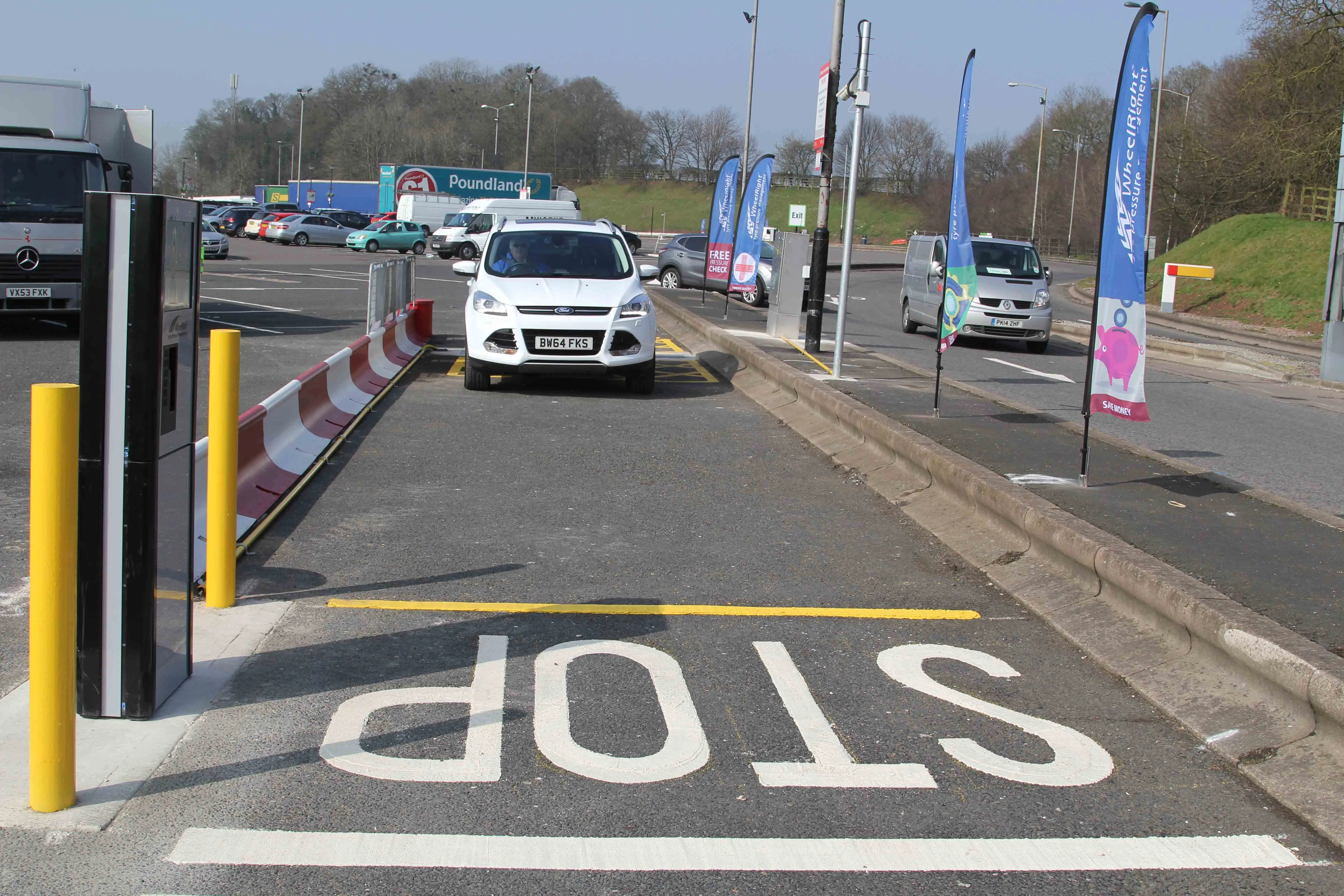A UK local authority highways chief has pledged not to introduce a blanket night time switch off of street lighting in one English county following an in depth review of the operation. But Staffordshire County Council says it will work with any parish council that would like to reduce some of its lighting overnight, as long as the move is supported by the community. The review also revealed that US$12.9million could be saved over the next 16 years by installing hi-tech dimming equipment in the columns whic
April 23, 2012
Read time: 2 mins
A UK local authority highways chief has pledged not to introduce a blanket night time switch off of street lighting in one English county following an in depth review of the operation.
But4798 Staffordshire County Council says it will work with any parish council that would like to reduce some of its lighting overnight, as long as the move is supported by the community.
~
The review also revealed that US$12.9million could be saved over the next 16 years by installing hi-tech dimming equipment in the columns which will bring lighting to the appropriate level for its use.
This proposal was overwhelmingly supported by the People’s Panel that gives the views of residents in the county. Of those consulted, 82% either agreed or did not oppose proposals to dim street lights from late evening to early morning.
This view reflects the findings of many councils’ across the UK that have already dimmed their lights and have reported successful trials with no rises in crime or anti-social behaviour as a result.
However, the county council says it will monitor the situation as the changes are rolled out and will review the dimming proposals if any adverse effects are noted.
The body also says it has worked closely with its street lighting partner to “secure the significant long term savings while maintaining the same level of performance”.
Staffordshire County Council’s enterprise, environment and scrutiny committee will discuss the plans on Tuesday May 1.
“We are constantly looking for ways to save taxpayers’ money so that we can continue to protect vital frontline services while offering good value for money,” said county council cabinet member for highways and transport Mike Maryon.
But
~
The review also revealed that US$12.9million could be saved over the next 16 years by installing hi-tech dimming equipment in the columns which will bring lighting to the appropriate level for its use.
This proposal was overwhelmingly supported by the People’s Panel that gives the views of residents in the county. Of those consulted, 82% either agreed or did not oppose proposals to dim street lights from late evening to early morning.
This view reflects the findings of many councils’ across the UK that have already dimmed their lights and have reported successful trials with no rises in crime or anti-social behaviour as a result.
However, the county council says it will monitor the situation as the changes are rolled out and will review the dimming proposals if any adverse effects are noted.
The body also says it has worked closely with its street lighting partner to “secure the significant long term savings while maintaining the same level of performance”.
Staffordshire County Council’s enterprise, environment and scrutiny committee will discuss the plans on Tuesday May 1.
“We are constantly looking for ways to save taxpayers’ money so that we can continue to protect vital frontline services while offering good value for money,” said county council cabinet member for highways and transport Mike Maryon.







